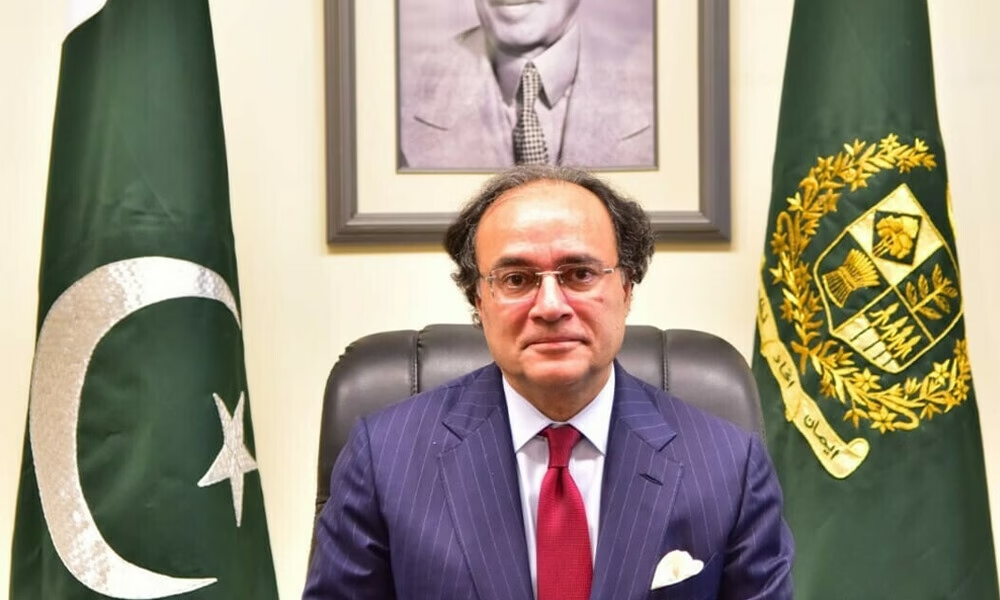Federal Minister for Finance and Revenue, Senator Mohammad Aurangzeb, speaking at the Pakistan Conference 2025 at Harvard University, said that Pakistan has reached a pivotal moment of economic recovery and transformation.
“After inheriting an economy facing significant challenges—from contracting GDP to depleting reserves—we have stabilized the fundamentals, restored confidence, and reignited growth,” he stated at the conference titled “Bridging Divides, Building Tomorrow: Pakistan’s Path to Inclusive Growth and Governance.”
The Pakistan Conference, organized annually by Harvard students with support from university research centers, is the largest student-led event on Pakistan in the United States. It gathers policymakers, academics, business leaders, and students to discuss Pakistan’s economic, political, and social future.
Aurangzeb outlined key achievements, including a historic reduction in inflation to 0.7% — the lowest in 60 years — a doubling of foreign exchange reserves, a 3% currency appreciation, and a current account surplus exceeding $1 billion as of March 2025.
Other economic milestones included a 44% surge in Foreign Direct Investment (FDI), a 24% rise in IT exports, and record-high remittances projected at $38 billion. For the first time in 24 years, Pakistan achieved a fiscal surplus, with the highest primary fiscal surplus in two decades. Global credit rating agency Fitch upgraded Pakistan’s sovereign credit rating to B- with a stable outlook.
The Minister emphasized that “stability is not an end but a means to an end,” outlining the government’s ongoing strategy focused on fiscal discipline, inflation control, and deep structural reforms in the energy sector, taxation, governance, and the management of state-owned enterprises.
Aurangzeb identified major growth opportunities in Pakistan’s mineral wealth, expanding IT sector, green energy initiatives, and a dynamic, youthful entrepreneurial population. He stressed that investing in human development is crucial for sustaining high and inclusive growth.
Addressing debt management, he noted Pakistan’s success in reducing the public debt-to-GDP ratio from 75% to 67.2%, with a target to bring it below 60% through prudent fiscal policies, enhanced domestic resource mobilization, and comprehensive tax reforms.
Efforts to rightsize government expenditures and privatize loss-making state-owned enterprises are projected to save up to 2% of GDP annually, with a strong focus on transparency, competitiveness, and building investor confidence.
Regarding Pakistan’s financial sector, Aurangzeb shared plans to deepen and strengthen the system by promoting digital banking, capital markets, and green finance.
He also highlighted the critical impact of climate change, reaffirming Pakistan’s commitment to integrating resilience into infrastructure and agriculture sectors. He cited support from the IMF’s Resilience and Sustainability Facility (RSF) and the World Bank’s Country Partnership Framework (CPF) as key anchors for building climate resilience.
“Pakistan’s future will be shaped by bold, necessary choices. By investing in our people, modernizing our economy, and staying committed to reform, Pakistan will emerge stronger, greener, and more competitive,” Aurangzeb concluded.



